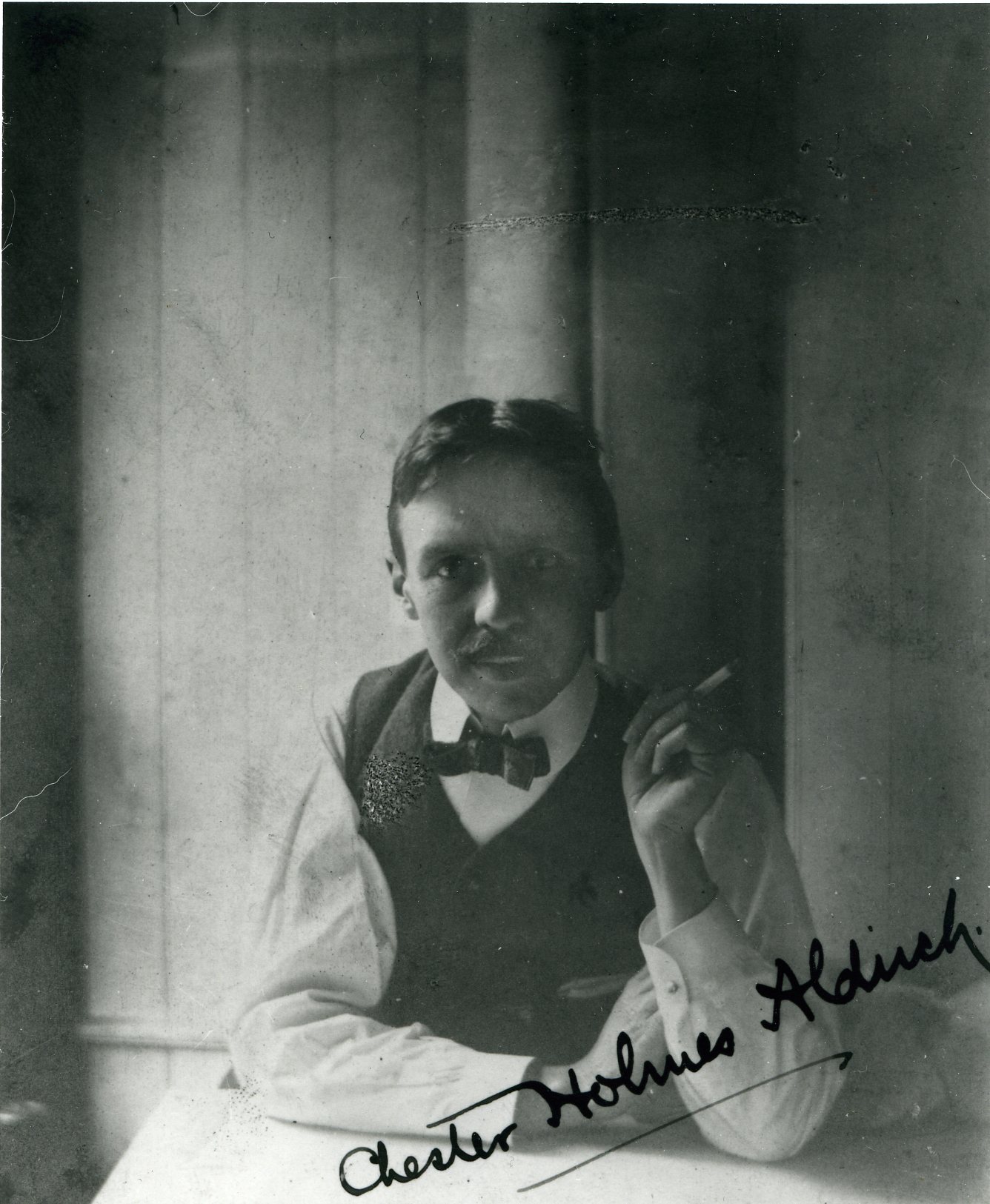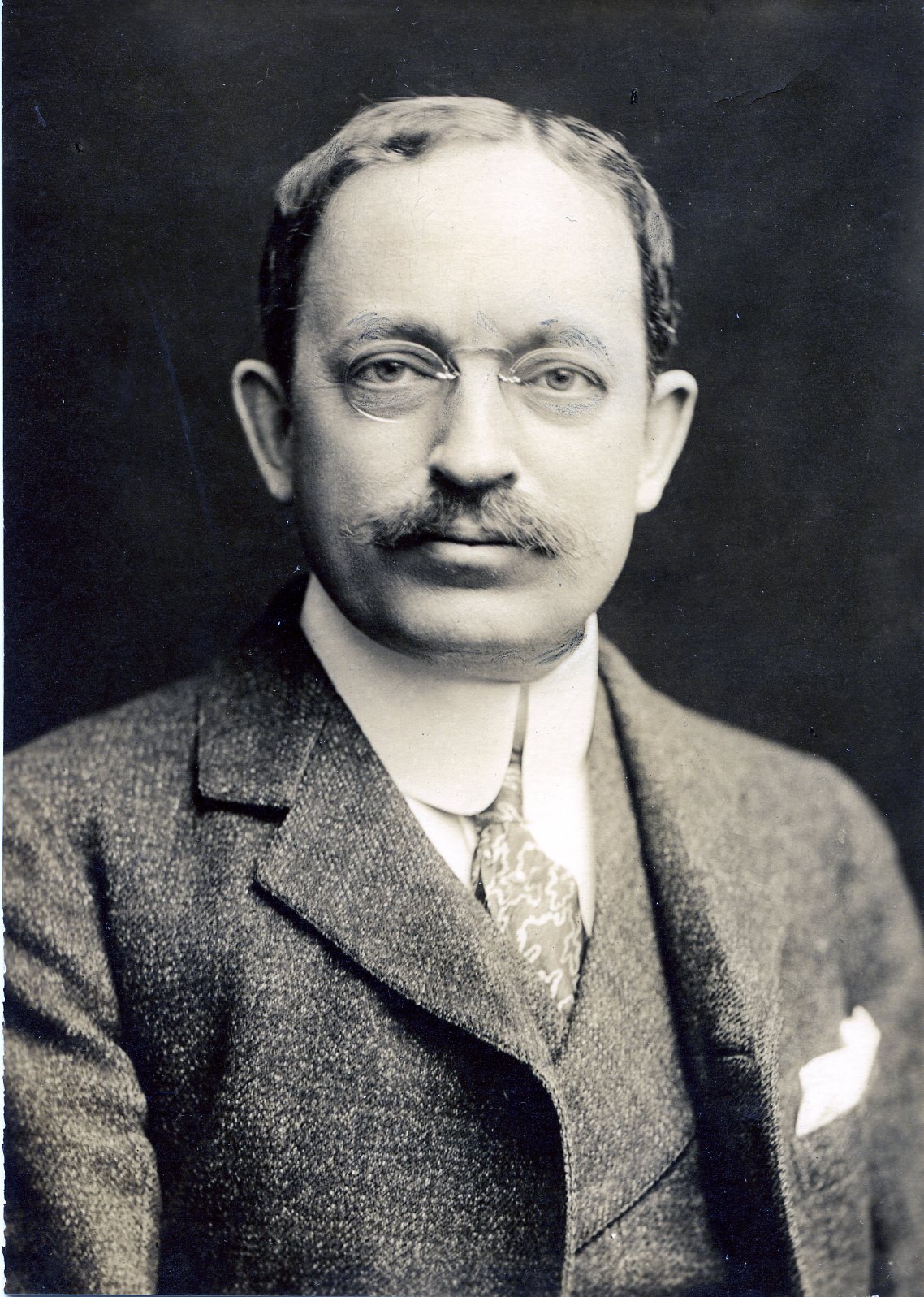Member Directory,
1847 - 1922
F. H. Bosworth Jr.
Professor of Architecture
Centurion, 1922–1949
Thomas Hastings and Chester H. Aldrich
New York (Manhattan), New York
New York (Manhattan), New York
Age forty-six

Century Memorial
Francke Huntington Bosworth, Jr. [Born] 1875. Architect.
Hunt Bosworth was an architect first, last and all the time—which is to say that he was as big as his profession is big. And as that profession includes much more than building buildings, so he studied and related it to the social, economic and political forces which shaped the art.
He studied architecture at the École des Beaux-Arts in Paris and returned to New York to practice architecture in partnership with Centurion Frank Holden, doing mostly residential work and an especially successful Episcopal Parish House in the Bronx. He continued in practice until he went to France with the Red Cross during the First World War, serving at Is-sur-Tille, whose only recommendation, according to those condemned to serve there, was that it was fairly close to Dijon.
On his return he was made Professor of Architecture and Dean of the College of Architecture at Cornell. After some years he resigned the Deanship, but continued his successful work as professor until his retirement in 1940. Meanwhile he was a member of the New York State Board of Examiners of Architects, whose duty it is to try to protect the innocent citizenry from incompetent and at times unscrupulous practitioners. He was an exciting and wise conversationalist, and his presence made that Board, for the fifteen years of his tenure, an arena of satisfaction rather than a thankless service.
As a teacher he brought to his professional work the rich experience of a full life enhanced by constant study. The great monuments of the past, in their historic setting, were his laboratory. And so, he was one of the best critics of architectural design, in a period when architecture in this country was in a state of transition, from slavish adaptation of historic orders and styles, to organic solutions of problems as expressions of the use of the space to be enclosed. Bosworth never forgot the importance of sound training in the basic principles which governed the development of styles, and so it was that his students commanded the “tools of their profession.” As mature architects, they now recall his wisdom with fervent appreciation.
I end as I began. He was an architect first, last and all the time: he was also a dignified gentleman, always a scholar. He came to the Century whenever he came to New York and he came often to New York to come to the Century. For his friends were here; and friendship is, as you know, why there is a Century.
Source: Henry Allen Moe Papers, Mss.B.M722. Reproduced by permission of American Philosophical Society Library & Museum, Philadelphia
Henry Allen Moe
Henry Allen Moe Papers, 1949 Memorials


